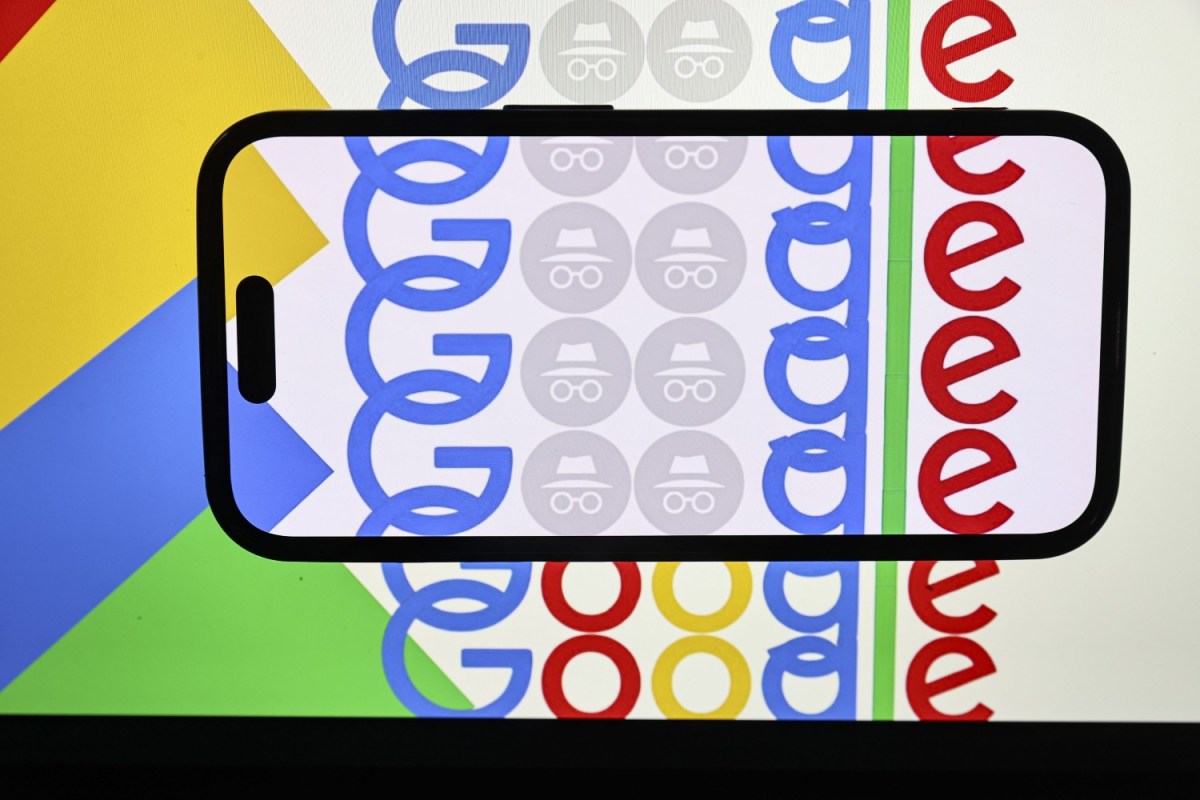There are many reasons to use your internet browser’s “Incognito” mode. Unfortunately, if your browser is Google Chrome, making your way around the internet in complete and total privacy has not historically been one of them. Last year, Google settled with the plaintiffs in a class-action lawsuit over the search giant’s handling of Incognito mode data. At the time, we reported that the details of the settlement would be revealed in early 2024. And now, we know a bit more about what to expect — and those expectations involve the deletion of plenty of data.
Ars Technica’s Ashley Belanger reports that Google, under the terms of the settlement, will get rid of numerous sets of data that it’s amassed over the years. (Belanger’s reporting reveals that these records number in the billions.) The plaintiffs’ attorney, David Boies, told Ars Technica that “the settlement requires Google to delete and remediate, in unprecedented scope and scale, the data it improperly collected in the past.”
“Upon approval of this Settlement, Google must delete and/or remediate billions of data records that reflect class members’ private browsing activities,” the plaintiffs state in their final motion for a settlement. “This includes data Google collected during the class period from private browsing sessions.”
The settlement also includes a change to Chrome’s Incognito mode that will be in place for several years: “For the next five years, Google must also maintain a change to Incognito mode that enables Incognito users to block third-party cookies by default.”
If You Want Data Privacy, Don’t Drive a Car
The Mozilla Foundation’s new report singles out modern cars as “the worst product category” for privacy. And they’re even collecting data on your sex life.Google’s response to the lawsuit was to describe it as “meritless” — but also to acquiesce to the plaintiffs’ request. “We are happy to delete old technical data that was never associated with an individual and was never used for any form of personalization,” said José Castañeda, a spokesperson for Google, in a statement to Ars Technica.
And if searching the web in complete privacy is vitally important to you, remember: there are alternatives to Chrome, Firefox and Safari out there.
This article appeared in an InsideHook newsletter. Sign up for free to get more on travel, wellness, style, drinking, and culture.



















